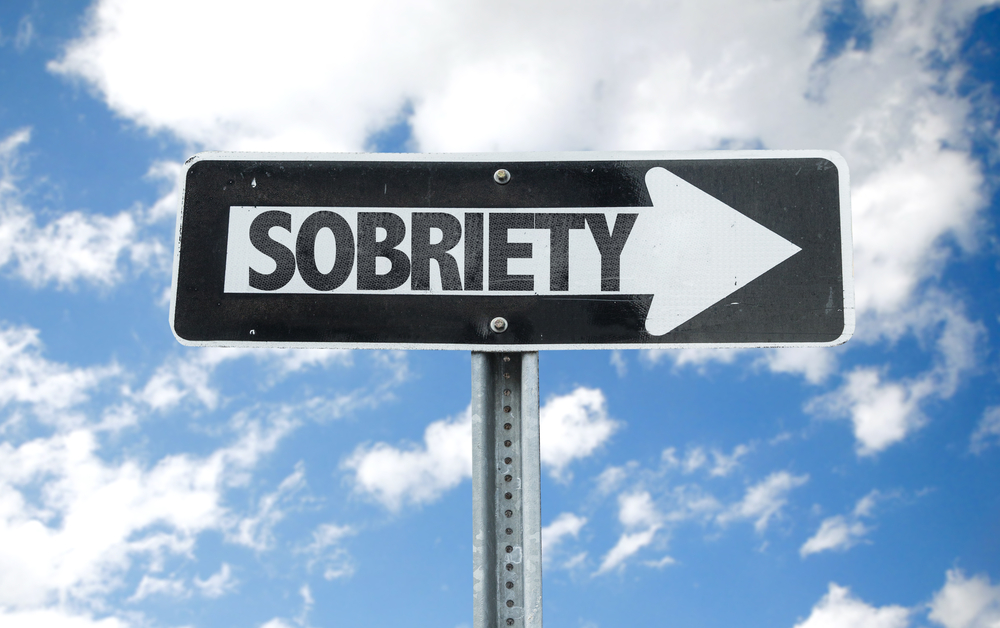Human beings are social creatures that require the companionship of others to thrive in life. More so, the strength of these connections directly impacts an individual’s mental health and emotional wellbeing. Research has found that people who maintain social connections are generally healthier than those who lack a support network. According to the Pew Research Center, social media has become ubiquitous in the lives of Americans, as relying on social media platforms (e.g., Facebook, Twitter, Snapchat, TikTok, YouTube, Instagram, etc.) to find and connect with others has become the norm. Ironically, for a technology that is designed to bring people closer together, spending too much time engaging with social media can have the opposite effect. Scientists have discovered that social media overuse creates a stimulation pattern that mirrors the pattern created by other addictive behaviors. Though a great deal of social support can be gained from engaging in social media, in moderation, there are many ways social media can endanger sobriety.
Sobriety as defined by the World Health Organization (WHO) is “the condition of not having any measurable levels or effects from alcohol or drugs.” Sobriety focuses on a drug-free lifestyle while taking into consideration other aspects of life (e.g., behaviors, emotions, mental health, etc.). Social media can be detrimental to the recovery process. The overload of negativity that can be found on social media, for example, can lead to chronic stress and symptoms of depression, increasing one’s risk of relapse. Social media affords each user with the ability to create and portray a false or embellished sense of self to the public. Achieving and maintaining sobriety requires authenticity and a commitment to focus inwardly. Social media is a constant reminder of what is going on outside of your own life and can foster envy and jealousy. The Child Mind Institute asserts that excessive exposure to social media can contribute to unhappiness as it promotes anxiety, sadness, and lowered self-esteem, all of which can threaten one’s sobriety.
Still, everyone is different, and not all people will benefit from distancing themselves from social media. For the most part, however, taking a break from social media can be helpful to one’s recovery process. Nevertheless, it is advantageous to find healthy and sustainable ways to use social media, without risking relapse, as feeling a sense of belonging is fundamental to long-term sobriety.
For Information and Support
If you are concerned for yourself or a loved one regarding substance abuse and/ or addiction, we recommend reaching out for help as soon as possible. If left untreated, substance abuse can result in long lasting and potentially life-threatening consequences. Keep in mind: you are not alone! There is an entire network of professionals that are available to help and support you and your loved one throughout the recovery process. The earlier you seek support, the sooner your loved one can return to a happy, healthy, and fulfilling life.
Please do not hesitate to reach out with any questions regarding our specific program at Haven House Addiction Treatment and/ or general substance abuse and/ or addiction treatment related information. Our highly trained staff is readily available to discuss how we might best be able to help you and your loved one. We can be reached by phone at 424-258-6792. You are also welcomed to contact anytime us via email at admissions@hhtxc.com



